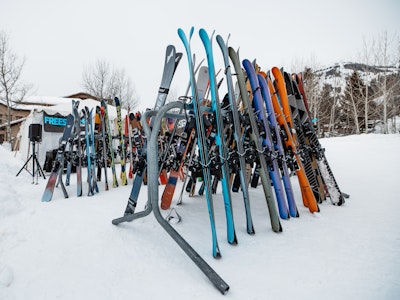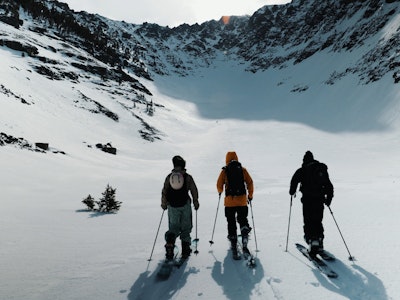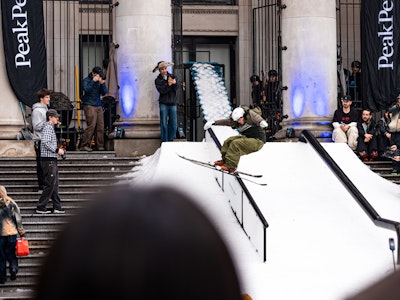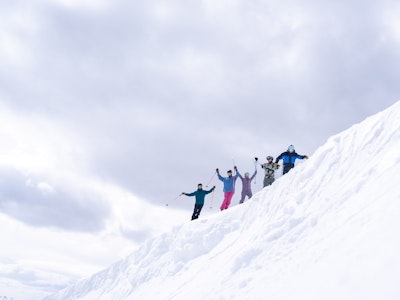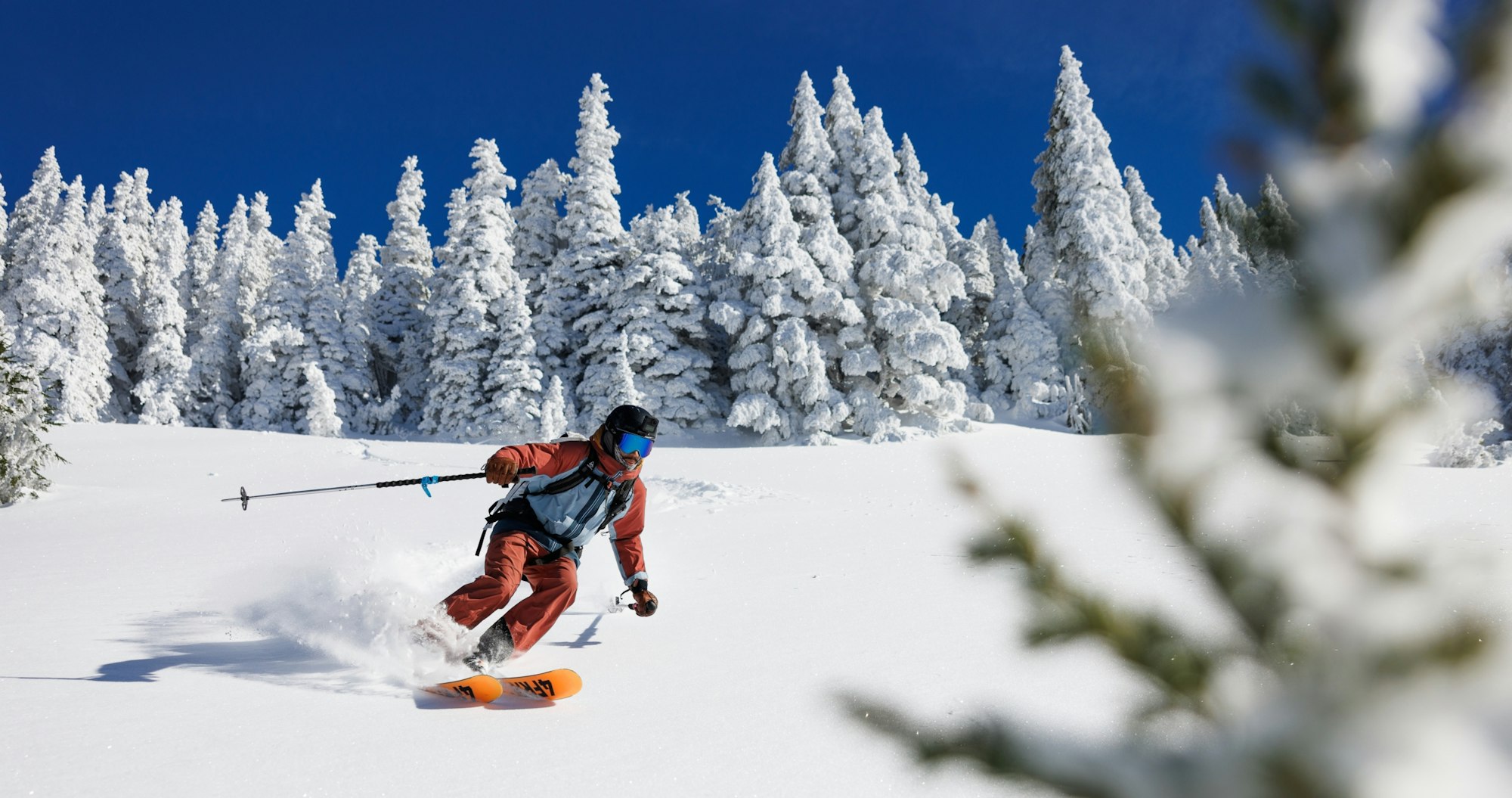Words: Andy Cochrane | Photos: Oliver Rye
Not long after learning how to walk, Mallory Duncan had skis strapped to his feet. At just 18 months old, his parents took him to Alpine Meadows for the first time, hoping he would like the sport. At a time when the resort didn’t have magic carpets, Duncan would, in his words, duck-walk up a green path, click in and slide 100 feet down, learning how to link his first turns.
“I did that a lot. I would do laps until I got cold, then head to the playroom– and I remember being cold a lot.” With parents passionate about skiing, Duncan visited Alpine Meadows a couple of times each month, progressing through ski school and meeting a close group of friends along the way.
“The people kept me coming back. I had a ski school coach who helped me fall in love with skiing,” says Duncan. “Looking back, he was just a ski bum who wanted a free pass. He took us on slopes we probably shouldn’t have been on, but that’s why I loved it so much. Hucking cliffs at eight years old and getting into deep powder. That’s when it really took off.” In the early aughts, there weren’t many freestyle or freeride programs in the Tahoe area, so Duncan transitioned to racing because it was the only way to stay with the sport past adolescence, which he was determined to do.
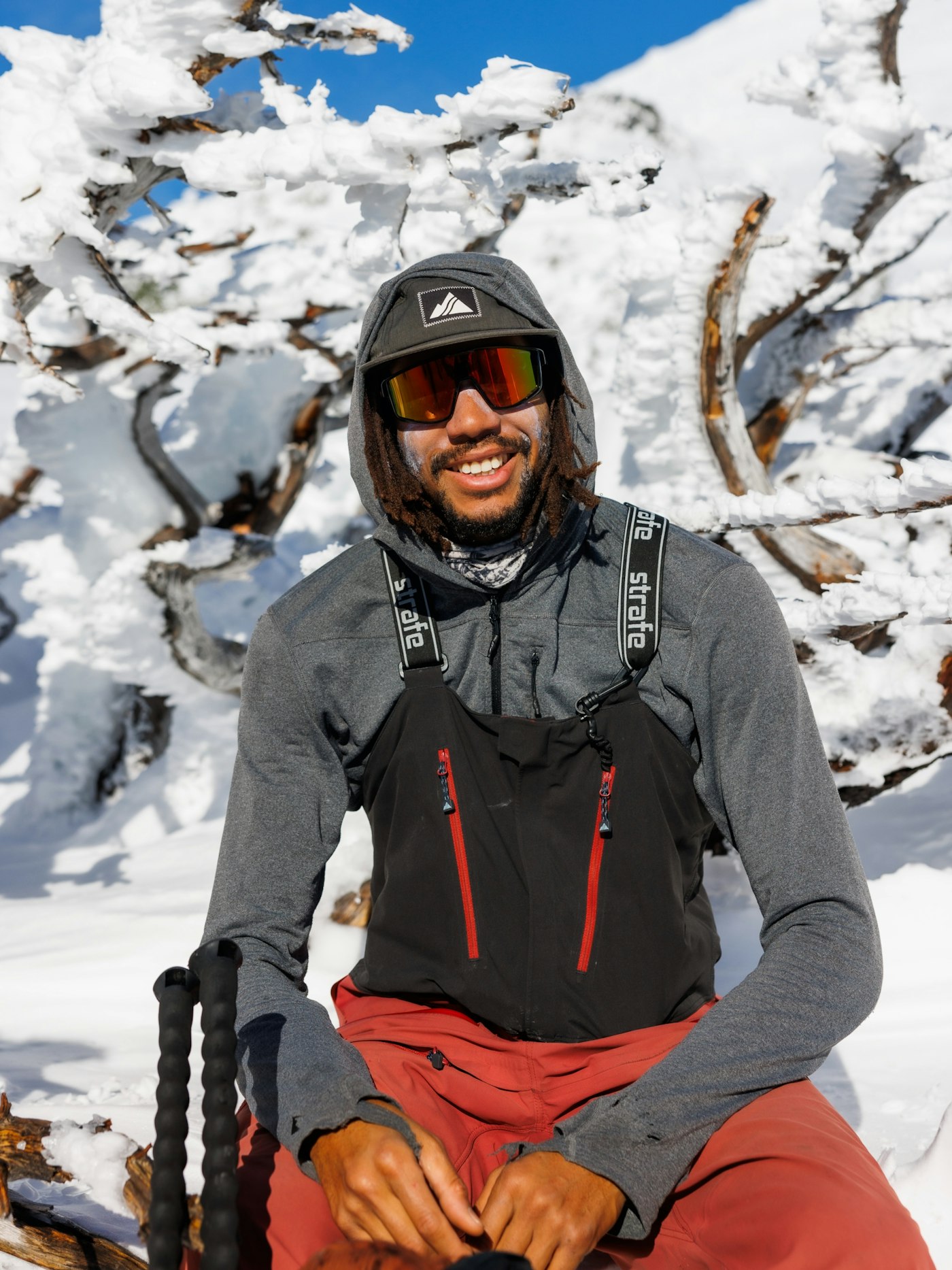
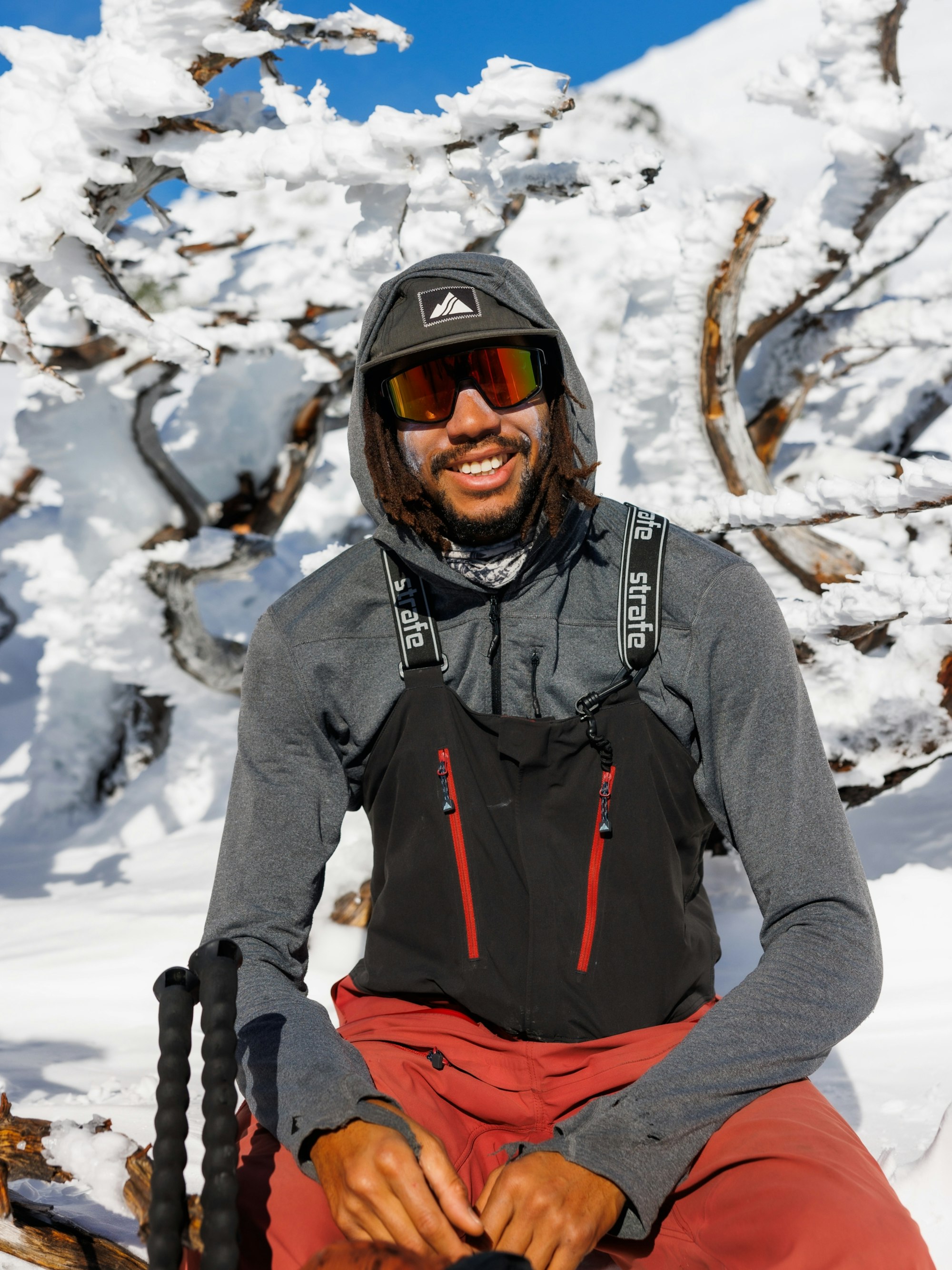
Ski Racing in High School
Growing up in Hayward, a middle-class neighborhood just south of Oakland, California, Duncan’s life was split between the city and the mountains. At an affluent private middle school, Duncan struggled with the style of learning and incredibly wealthy peers. “I was pretty disruptive, often kicked out of class and spent a lot of time in the principal’s office. I had a lot of energy and I started to not like it,” Duncan laughs.
His parents moved him to a boarding high school in Tahoe called Sugar Bowl Academy to have him focus on skiing and secured support from the National Brotherhood of Skiers to make it work. “We lived in dorms and had chaperones who watched us closely. I couldn’t hide under the radar; if I goofed off or did something wrong, I was quickly in trouble,” says Duncan. “But this helped me focus on school more– and we had a mega outlet of skiing every day.”
Despite hard moments along the way, the academy was a good experience overall. In a class of just 10 kids, Duncan initially felt isolated from his community but quickly made new friends. “It wasn’t a traditional high school experience, but I learned to adapt, even though I was pretty different from most of the other students. Many of them are some of my closest friends today.”
With a goal to make the US ski team and become an Olympian, Duncan dedicated years to skiing, but still wasn’t as good as other kids in his class. “I didn’t even own a pair of ski bibs. I only had training shorts and a ski suit. We would rip groomers every day, trying to perfect a turn. On powder days, we took a break from skiing because we couldn’t run gates,” Duncan recalls. “I took a year off before college to try to make the UVM team. That didn’t happen, so I decided to step away from the sport.”
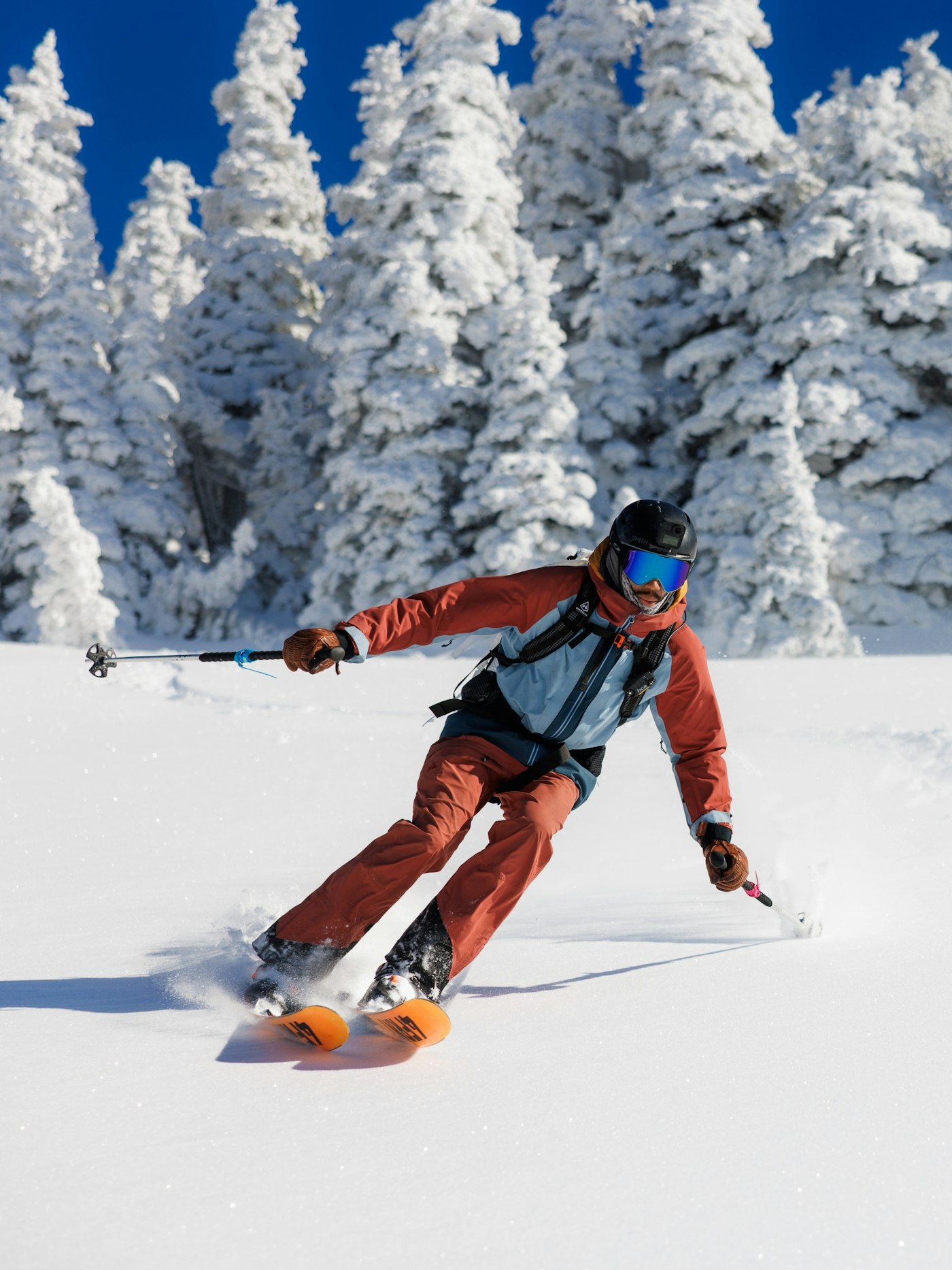
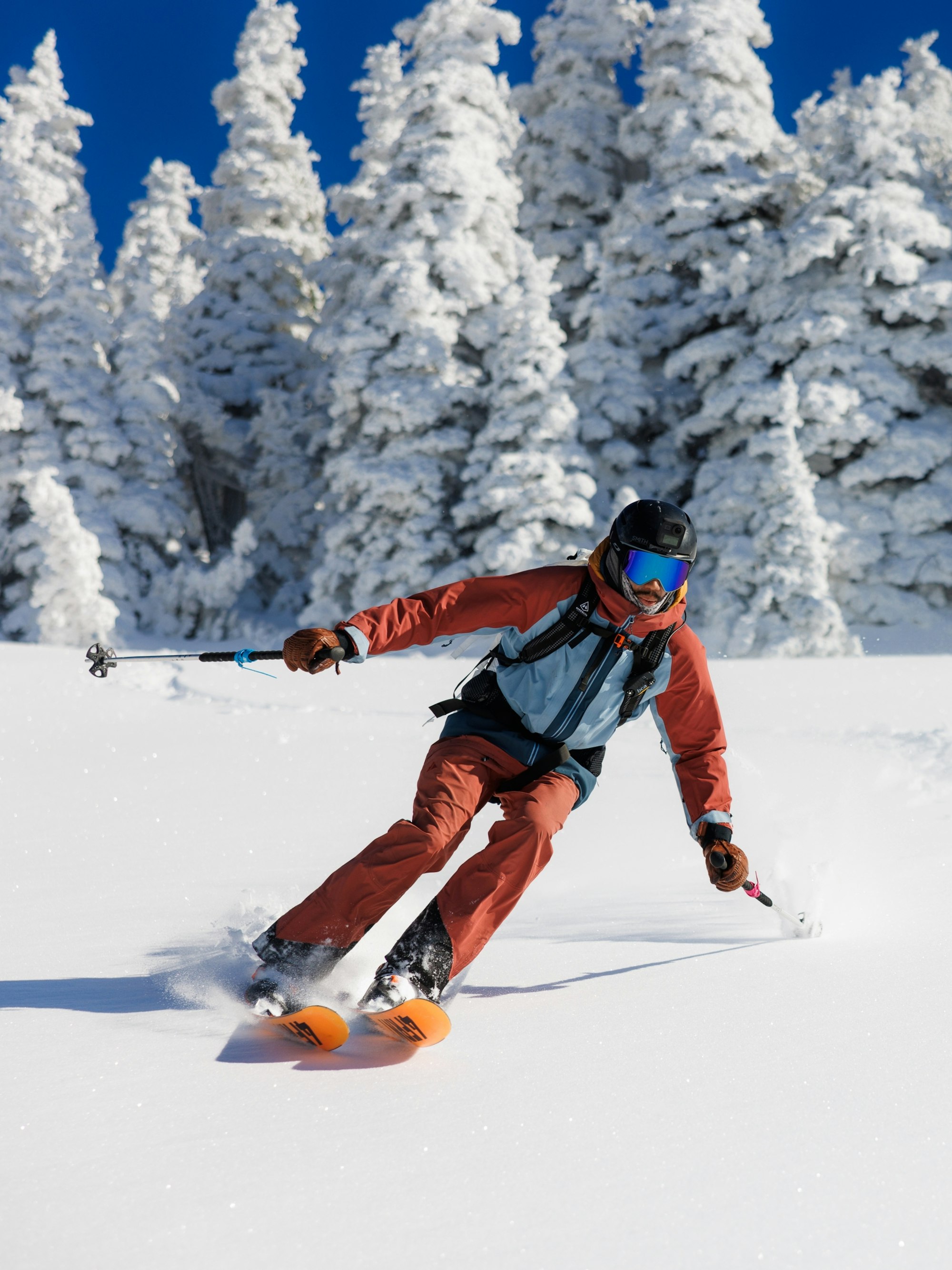
Returning to Creative Roots
Liking the campus when he first visited, Duncan opted to still attend the University of Vermont. “The city has great music come through, good food and beer, and interesting things to do. Outdoor recreation is the centerpiece, but it isn’t the only thing, and that’s important to me,” says Duncan. Burnt out on skiing, he decided to join the track team strictly for fun. “This helped me recapture the social side of the sport, not obsess over it. I put way less pressure on myself and ended up doing really well because of that.”
Duncan also put time into other areas of his life, like making music and creative writing. He graduated with a degree in business and a minor in music, and his senior project was a mural on Pearl Street Beverage, a local store. This combination of art and business struck a chord with him. “I was thinking about managing artists, producing music or doing more murals. That was my plan after college; something that had more creativity. I was always drawn to being an entrepreneur because it felt creative.”
After one year off skiing, college friends got him back on the slopes, just for fun this time. “Their love of skiing reinvigorated me, bringing back to the roots of it. Flying through trees and time with friends made me realize I still loved the sport,” says Duncan. “Just two inches of powder meant everyone would skip class and go skiing. There’s so much passion for it on the East Coast.”
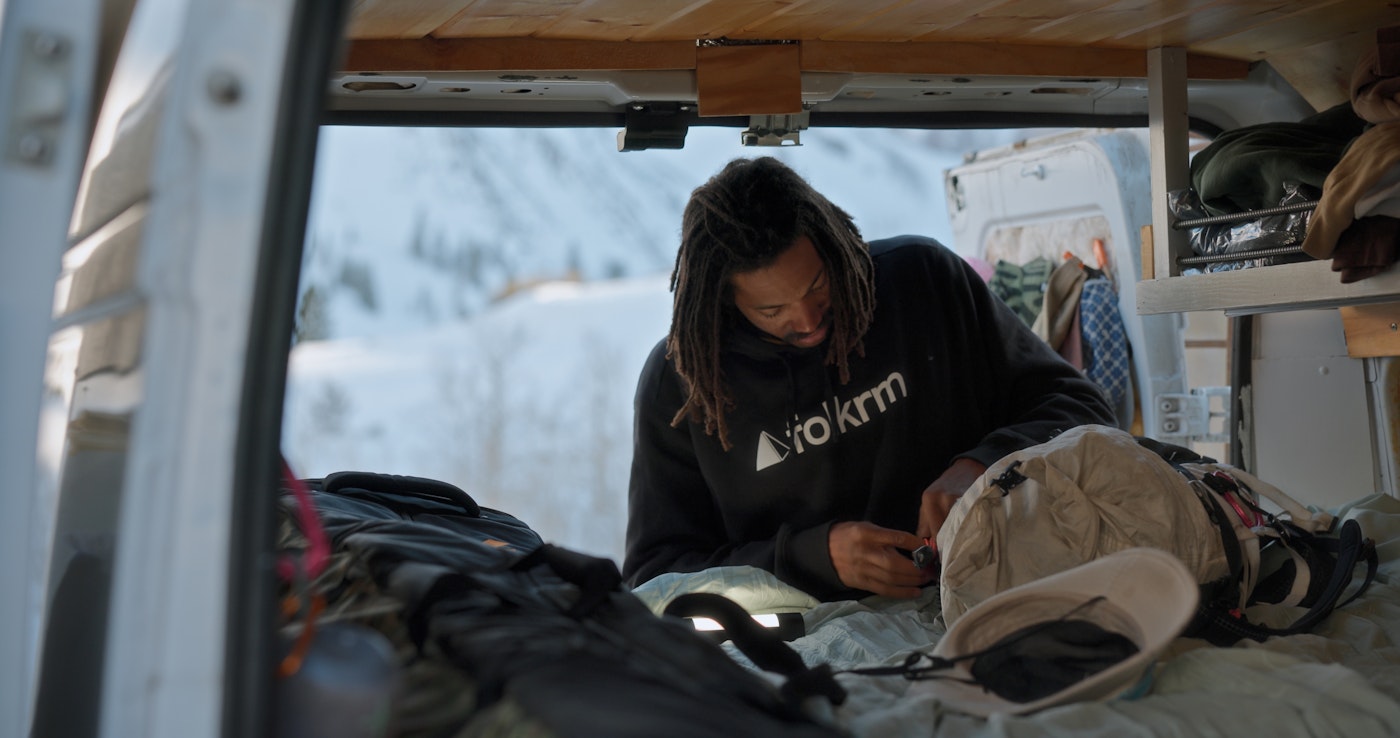
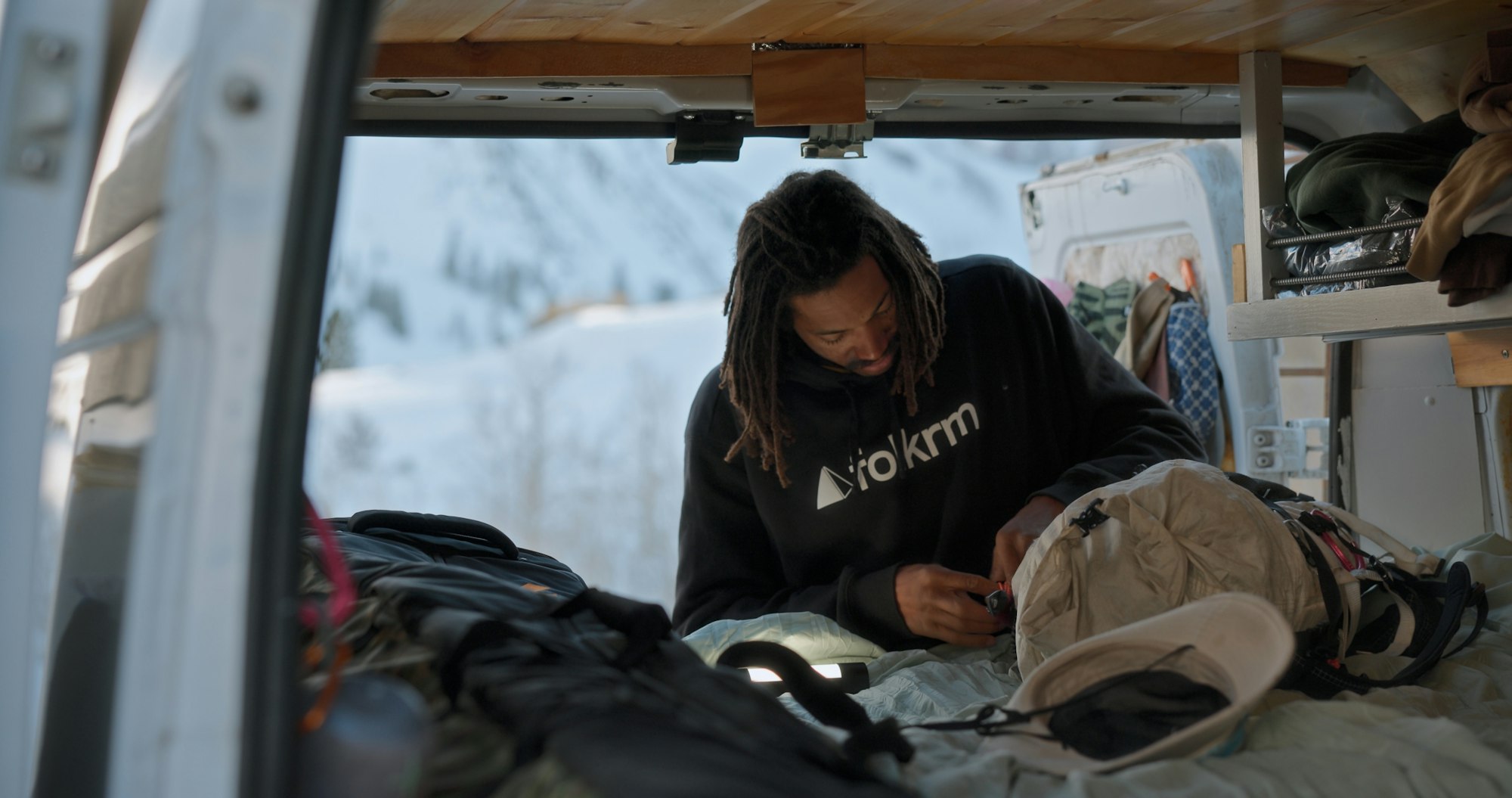
Finding Balance in Bend
With parents from LA and childhood in the Bay Area, Duncan has always felt a need to be in a city. “Music and culture are important. Being exposed to many different types of experiences helps you grow,” Duncan explains. After graduating, a high school friend got him a job as a raft guide for a summer, and he went for it.
“I got the job, drove up there, met all these rad folks, and seven years later, I’m still in Bend. It’s a major city, which is why I like it. I like the growth because it creates a well-rounded experience. The right middle ground, with great skiing nearby and, even though it’s not the most diverse place, a lot going on.”
Duncan started to focus more on skiing and freeriding in Bend, but he knew he had to find a part that inspired him if he wanted to stick with it. “It wasn’t going to be hot laps or hitting the park. I needed something creative, something that incorporated art.” This creative thread has been woven through his entire life, even while being less visible than skiing. He started writing poems in middle school, progressed to rapping and writing hip-hop rhymes in college, and still does both.
“I’ve always liked putting my thoughts down on a page. I like that poems and lyrics don’t have to be grammatically correct. They are just a stream of consciousness,” says Duncan. “I wanted to bring this into a ski movie, and in 2020 I wrote the poem created Blackcountry Journal, my first ski film. We’ll see where it goes from here, but I’m excited to bring more of an urban influence into skiing, opening it up to new people and audiences.”

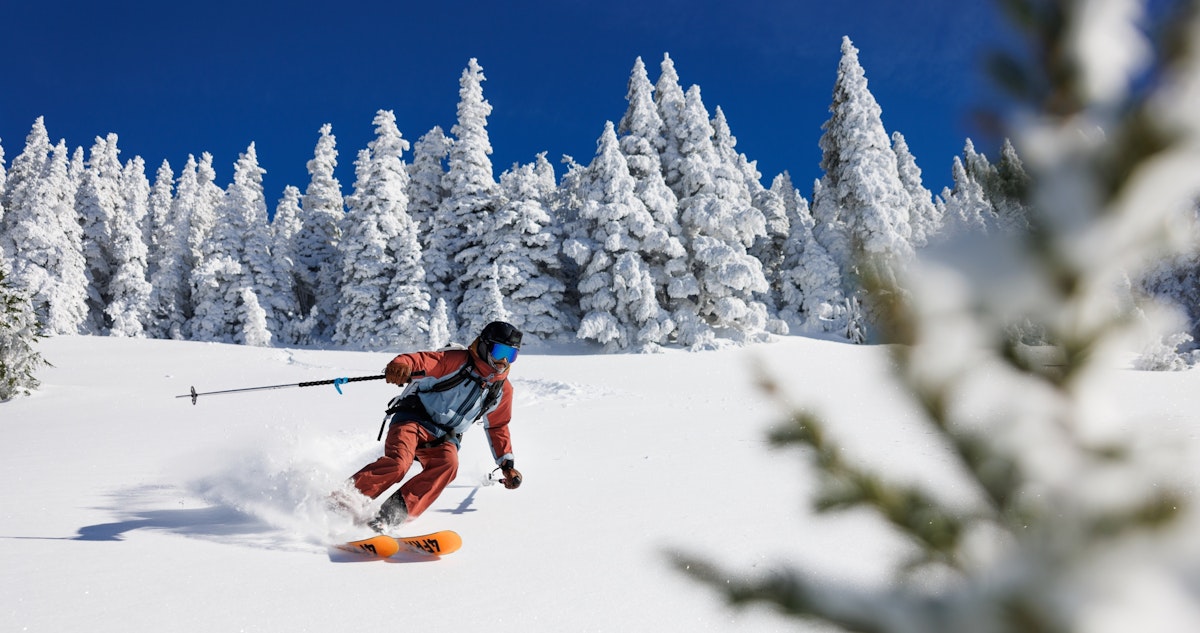
![[GIVEAWAY] Win a Legendary Ski Trip with Icelantic's Road to the Rocks](https://www.datocms-assets.com/163516/1765233064-r2r26_freeskier_leaderboard1.jpg?w=200&h=200&fit=crop)
![[GIVEAWAY] Win a Head-to-Toe Ski Setup from IFSA](https://www.datocms-assets.com/163516/1765920344-ifsa.jpg?w=200&h=200&fit=crop)
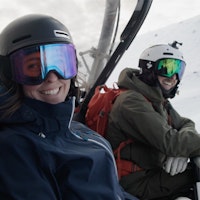
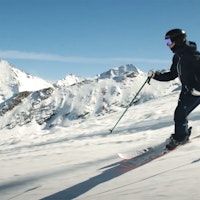
![[GIVEAWAY] Win a Legendary Ski Trip with Icelantic's Road to the Rocks](https://www.datocms-assets.com/163516/1765233064-r2r26_freeskier_leaderboard1.jpg?auto=format&w=400&h=300&fit=crop&crop=faces,entropy)
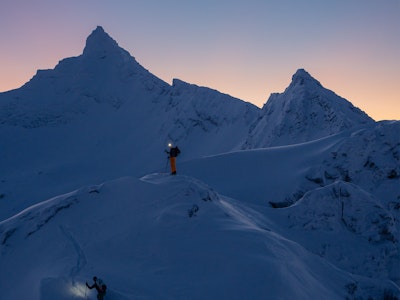
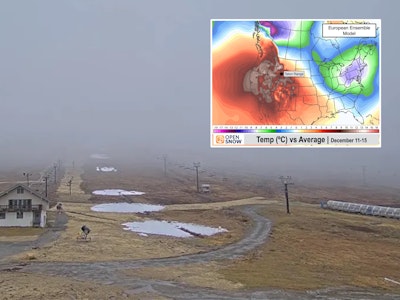
![[GIVEAWAY] Win a Head-to-Toe Ski Setup from IFSA](https://www.datocms-assets.com/163516/1765920344-ifsa.jpg?auto=format&w=400&h=300&fit=crop&crop=faces,entropy)
